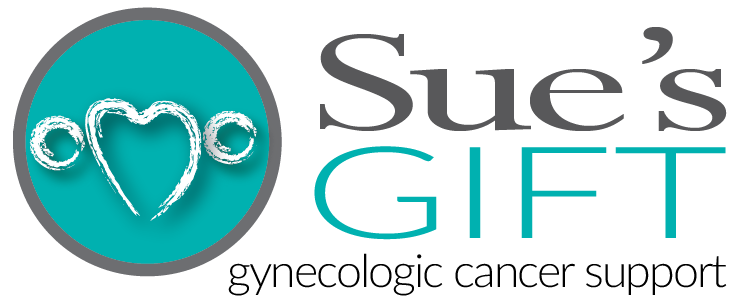The Longer The Better
“If it doesn’t add to your life, it doesn’t belong to your life.”
Image Credit @koya79
I’m fascinated by telomeres. I first learned about them when I was doing research in preparation for leading a Mindfulness Meditation workshop. I was looking for the benefits of a mindfulness meditation practice and was surprised to discover there was research documenting the relationship between telomere length and psychosocial practices.
So what is a telomere exactly? Simply put, it’s the cap at the two ends of each chromosome (like the plastic cap on the end of a shoelace), and it keeps the chromosome from fraying each time it’s replicated. Telomere length is associated with aging and age-related disease. Shorter telomeres have become associated with many forms of cancer as well as stroke, diabetes, osteoporosis, cardiovascular disease, and vascular dementia. Longer telomeres are associated with fewer illnesses and longer life. So, the longer the better.
Molecular biologist Elizabeth Blackburn shared a Nobel Prize with psychologist Elissa Epel for their research on telomeres. In their book, The Telomere Effect, they lay out a scientific case that you can actually lengthen your telomeres by following sound health advice to not smoke, eat well, sleep enough, exercise regularly, and cut down on stress. Blackburn, who is the president of the Salk Institute for Biological Studies in La Jolla, California, says, “Telomeres listen to you, they listen to your behaviors, they listen to your state of mind.”
Other studies have indicated it’s unclear whether it’s possible to lengthen your telomeres but suggested there are ways to at least slow down the shortening process. In either case, there seems to be consensus that lifestyle changes can encourage either telomere lengthening or delay shortening. While all of us, and especially patients in treatment, can feel a loss of control at times, the following lifestyle changes can not only put us back in the driver’s seat, but may even make our telomeres grow. How cool is that?
Get enough sleep. Did you know sleep boosts your immune system, improves memory, reduces inflammation and most importantly, is a time during which the body is hard at work healing and repairing damage? (Most adults need 7-8 hours of sleep.)
Be physically active. You don’t need to run a marathon or even hike two miles a day. Start small – maybe a walk around the block. Consider joining an online tai chi or yoga class for beginners.
Eat a telomere-protective diet. Legumes, nuts, fruits, 100% fruit juice, dairy products, coffee, flax, oats, mushrooms, tomatoes, and green tea. You don’t have to eat organic foods to be healthy.
Manage chronic stress. There are many fun and beneficial activities that can reduce stress including meditative coloring, nature therapy, reading, mindfulness meditation, or a hobby. Find one or two that works for you.
If your current habits aren’t adding to your life, now is the perfect time to discover what belongs to your life and what belongs in your life, because you have the ability to make that decision.
Leave feedback for the author here. (Comments are not posted online.)

